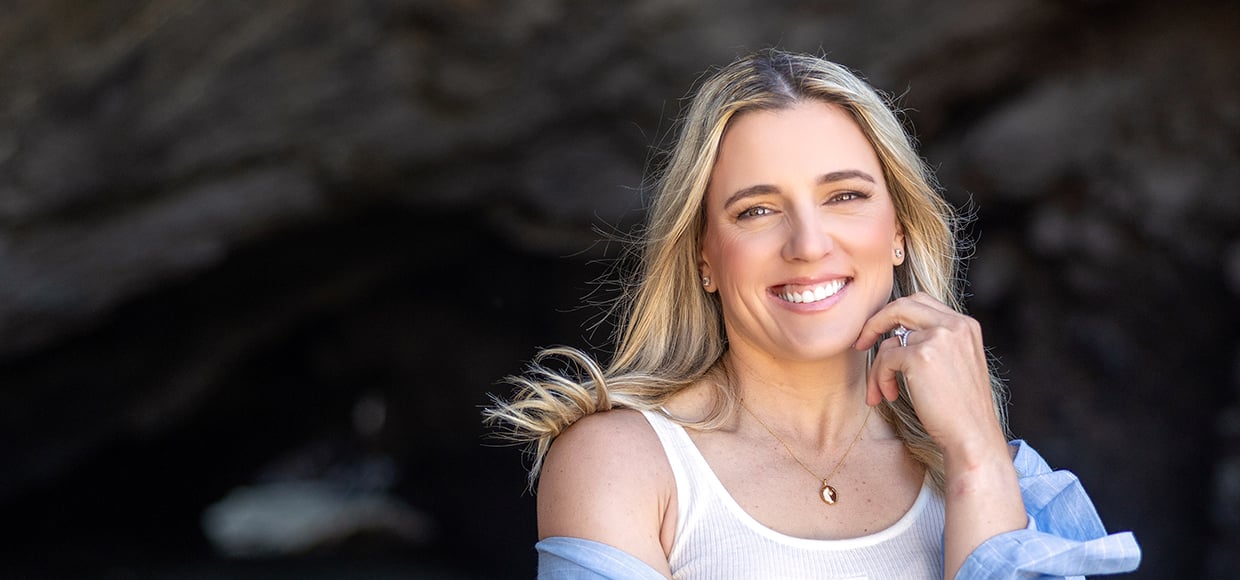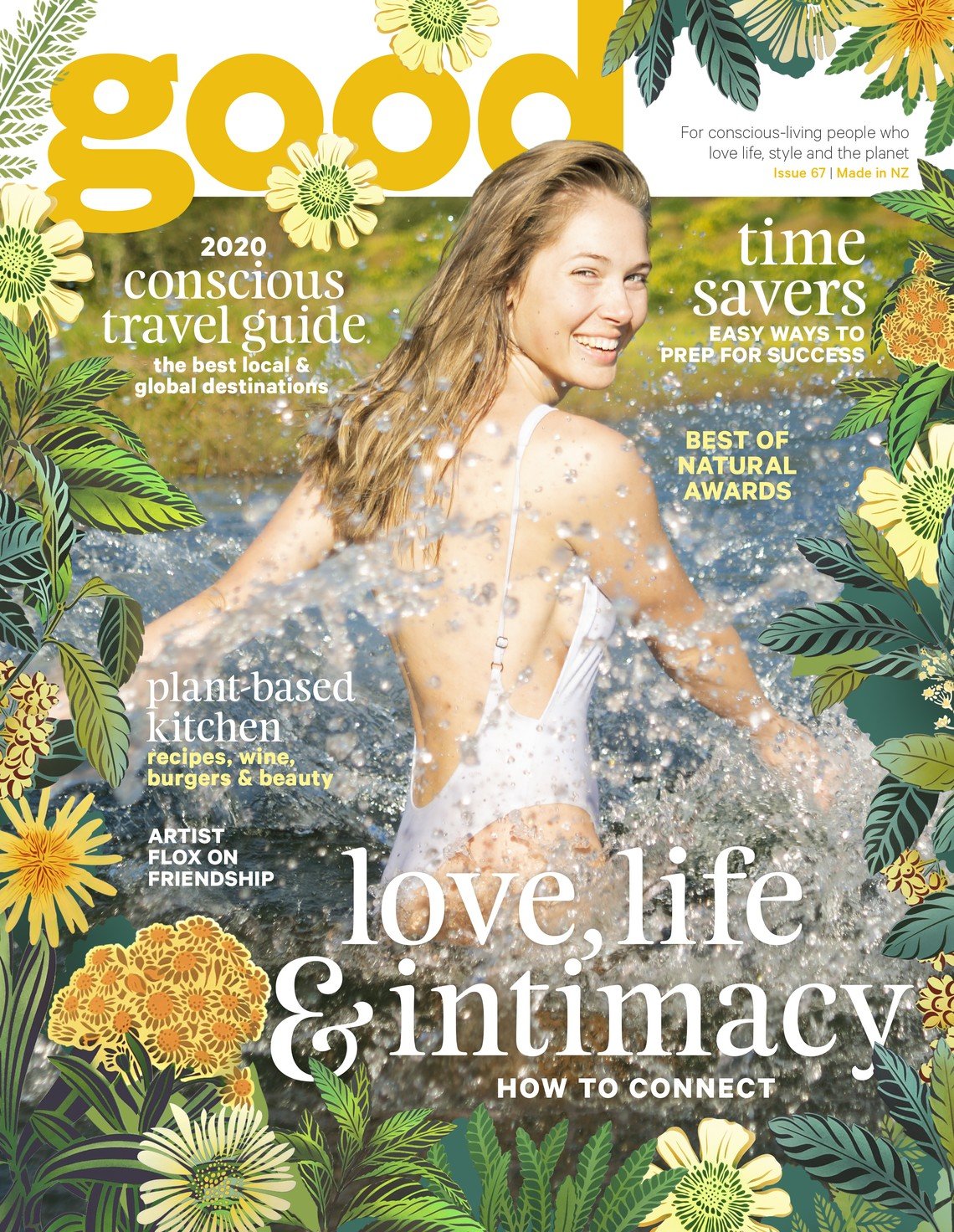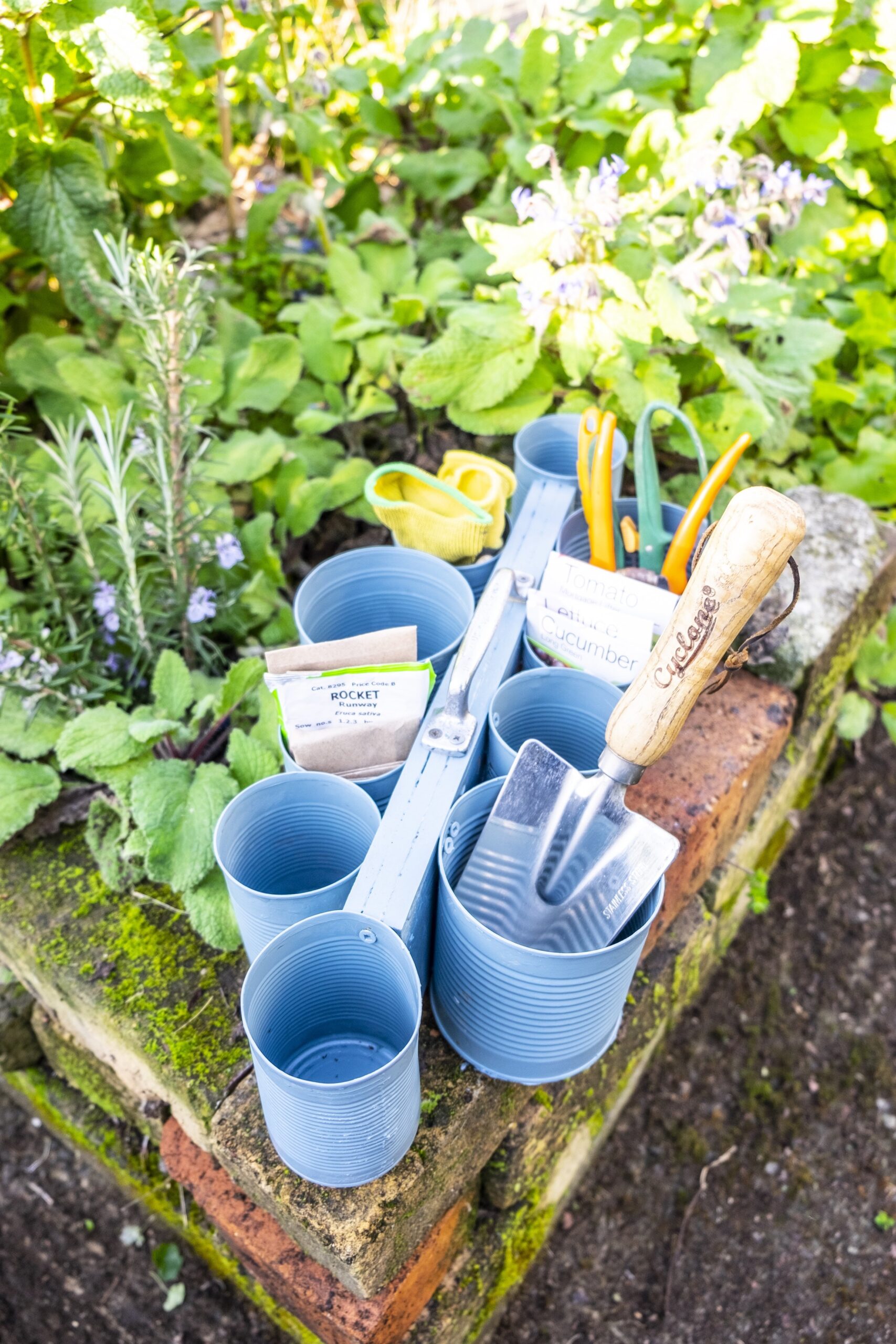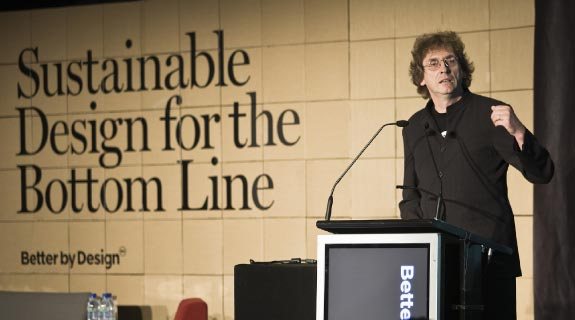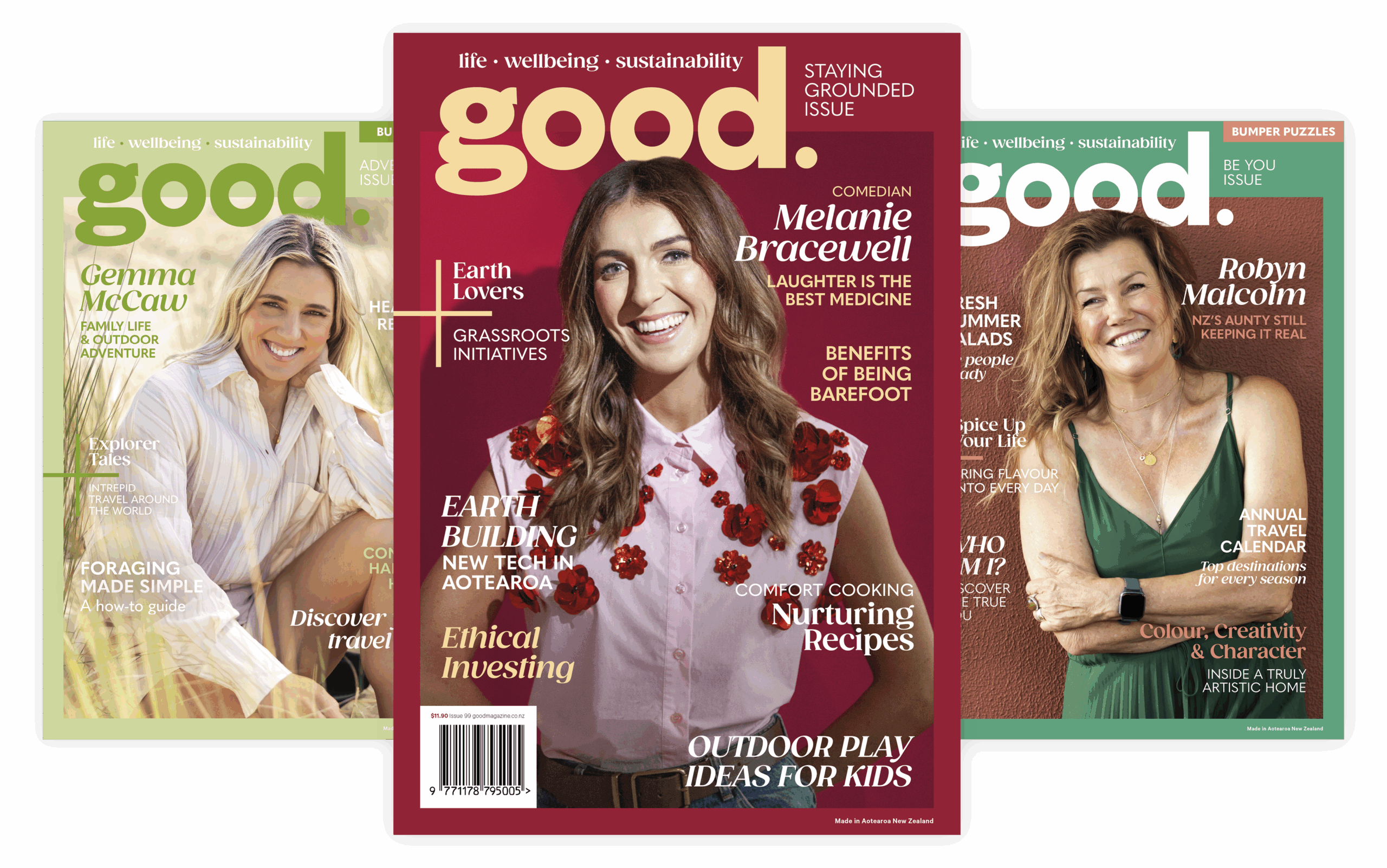Photography by Dean McKenzie. Hair and makeup by Pearl Babington and styling by Amanda Macdonald. Clothing by Lynn Woods.
Think of adventure, and you might picture scaling mountains or trekking through dense forests. But for Gemma McCaw, who represented New Zealand as an Olympic athlete, adventure has become an extension of her life, particularly in the form of Ladies Who Venture – a business she founded with sports physiotherapist and performance coach Jess Baker – to provide women with the tools and support to take on outdoor adventures. Drawing on her experiences from her sporting career, her qualifications (sport and exercise science and positive psychology and wellbeing) as well as her love for getting outdoors with her friends, Gemma is now working to inspire others, particularly women, to explore the world around them through fitness and adventure.
“Adventure is not just about conquering mountains; it’s about personal growth,” she says. “For me, it’s about pushing through the discomfort and showing others they can do it too. That’s why Ladies Who Venture is so important – it’s about providing women with the confidence, the equipment and the motivation to take that first step outside.”
The initiative, which started as a way to organise hiking trips with friends, has evolved into a community of women who encourage each other to push their boundaries and explore New Zealand’s natural beauty.
During the Ladies Who Venture adventures, those taking part will encounter some of the country’s most scenic and awe-inspiring places. “The best views come after the tough climb,” Gemma reflects, emphasising how the challenges of hiking can serve as a metaphor for life. “Sometimes it’s not until you get to the top and look out that you realise, ‘Actually, I can do it.’”

Escaping into nature
But the benefits of hiking are not just physical, but mental and emotional. “The only true time we can get offline is when we’re out in nature with birds and trees and our phone not going off,” Gemma says. The sense of mindfulness that comes from being outdoors is something she feels is crucial in today’s fast-paced, screen-dominated world. “Nature has this incredible way of grounding us and helping us reset.”
For Gemma, hiking is about more than just fitness; it’s about creating a space where women can challenge themselves physically while also fostering community and support. “The test, physically, is where the growth happens,” she explains, noting that hiking, when done with others, is an opportunity to bond and build lasting connections.
Her approach is holistic. Ladies Who Venture is not just about hiking but also about fitness training, mental resilience and safety. Gemma is creating an environment where women can feel supported and encouraged in their journeys, whether they’re complete beginners or seasoned adventurers.
The goal is clear: to help women break through their barriers, challenge themselves and foster a deep connection to nature and fitness.
The women who sign up for a Ladies Who Venture experience receive a 10-week training programme, including strengthening, running and mobility sessions to prepare them for the one-day trek. Depending on where the women are located around the country, they may form a support crew and do some training together where possible, or they are supported in training on their own, ready to come together for the group run. The next adventure is the Paparoa Adventure, which started training in early December, ready for a mid-February run.
Gemma’s new venture is more than just a business to her; it reflects her deep love for the outdoors and the sense of empowerment that comes from pushing through physical challenges.

Role models
But how does she juggle the demands of running a business – both Ladies Who Venture and her speaking engagements across the country – with being a mother of three young children, Charlotte (6), Grace (3), and Ella (1)? It’s not easy, but Gemma has learned to embrace small steps in her fitness and approach to motherhood.
“My kids are only young once, and I’ve realised how quickly that time goes. It’s a privilege to be able to spend as much time with them as I can while they’re little. I’ve been lucky that the nature of my work allows me to do both – to be there for my kids and still work in a way that fits around our family life,” Gemma explains.
Role modelling is a huge part of parenting for Gemma, and this is true for everything she does, whether being present and engaged during family time or showing the importance of working towards what you believe in.
“I want my kids to see me working hard and having something I’m passionate about, but I also want to be there for them. It doesn’t have to be one or the other – you have to do what works best for your family. The truth is it won’t always look perfectly balanced. I think the key is to give 100 per cent to whatever you’re doing at the time.”
Motherhood is an adventure in its own right, and for Gemma, balancing family, fitness and work requires a combination of structure and flexibility. For many parents, finding time to exercise amidst motherhood’s demands is a challenge; for Gemma, it’s no different. Her approach is one of small steps, flexibility and an understanding of what works for her family.
“When you become a mum, it’s so hard because you go back to not being able to do much at all. Your baby is your most important focus. But it’s knowing when you need a rest. Rest and recovery are really important for mums, especially after birth,” she shares.
Her journey into fitness post-childbirth was gradual, starting with walking and eventually jogging with the pram.
“I made sure I saw my women’s health physio to get clearance, then started walking with the pram, then jogging with the pram, fitting it into my day.” But the key takeaway from Gemma’s experience is that exercise doesn’t have to be intense to be effective. “People think if they’re not running five Ks, it’s not worth it. But small steps matter. I changed my mindset about exercise – just go out there and start. If it’s terrible after five minutes, you can stop, but I can’t remember a time I did that.”

Just ask, and I’ll be there
Gemma’s message is clear: small actions, whether a short walk or a few minutes of stretching, can significantly impact physical and mental health. “Exercise is as much for mental health as for physical health – it can change the course of my day. Even just 20 minutes can make a world of difference to how you feel. When you exercise, you feel better. You’re able to take on the day with more energy and clarity.”
Gemma’s absolute top priority is her children; their needs are above all else. If one of her girls is sick or needs their mum, she is there. She has found a way to balance the needs of her children and family life, her physical and mental needs, as well as her work, which she loves.
“I’ve learned that it’s okay to ask for help,” she says. “Asking for time to exercise or focus on my business is essential. My family aren’t mind readers – people can’t just guess that I need half an hour. And I have to be okay with asking for that.”
“These days, we’re all rushing around trying to do everything, and it can feel overwhelming. Fifty years ago, life wasn’t as fast-paced, and mums didn’t face the same kind of pressure. Now, there’s this constant juggle, and I think we need to make space for the little things – getting outside with the kids, slowing down and being present. Simple choices like going to bed earlier, reducing screen time and prioritising healthy habits can make such a difference in how we cope with the demands of life.”
For Gemma, parenting today involves a balancing act – keeping her children active, engaged and free from the constant pull of screens. “What worries me most is how every available moment is being filled. Kids aren’t being bored anymore, and with screens, they lose the chance to just play, be creative and learn to self-soothe,” she says.
Reflecting on her childhood, Gemma recalls when screens were not an everyday presence. “When I think back, so much of my childhood was spent outside – kicking balls, biking, or playing with our dog. Screens were just not a big part of our lives.” This stark contrast to today’s tech-heavy environment forms a key part of Gemma’s approach to parenting in the digital age.
As a parent, Gemma is aware of how screens can be a convenient tool, but she’s equally concerned about the long-term effects on her children’s development. “Screens provide a quick fix, but the long-term effects are concerning. It’s like sugar or a drug – the more you have, the more you want,” she notes. This addictive nature of screens is something that Gemma believes is detrimental not only to physical health but also to mental wellbeing.
Ever since they were born, Gemma has been intentional about limiting her children’s screen time. “We made a rule: no screen time at all during the week,” she says. This policy encourages her family to connect without digital distractions, and it aligns with her broader vision of ensuring that her kids have access to the kinds of experiences that foster creativity, problem-solving and connection to the real world.
Digital drugs
“The big problem I have with screens is the dopamine – they’re effectively a drug, like sugar or anything else,” Gemma explains. “When you look at little kids, they can’t self-regulate. The best way for them to self-soothe and down-regulate is through play – actual child-based play. Whether it’s outside playing with sticks or inside playing kitchens – creative play, that’s what they need.
“Screens can overstimulate the brain’s reward system, leading to addiction-like behaviours. Children especially are vulnerable as their self-regulation skills are still developing.”
She acknowledges how tempting it can be to rely on screens as a quick fix. “It’s easy to give them a screen when you’re busy, but long-term, it sets them up to keep asking for it. And we know how kids are – you give them something once, and they just keep asking.”
Gemma also reflects on the pressures of modern parenting, particularly for women. “It coincides with the really busy lives of overwhelmed women, especially mothers of young kids.
“I’m concerned at how many devices are being given to under-fives – it can affect so many areas of their health development, including brain development, sleep and it also reduces many face-to-face interactions. You can really see how hooked they can get to specific shows, which, of course, are designed to do exactly that.”
Gemma is also very conscious of the dangers that come with technology. Her concern goes beyond just the dangers of online grooming or cyberbullying. She worries that social media, with its constant barrage of perfect images and curated lives, can harm self-esteem, particularly for young people. She’s experienced post “anxiety” herself, but now she chooses authenticity over appearing ‘perfect’ in the online space. “I’ve lived through some online bullying … and I’ve realised you can’t please everyone; you just have to be true to yourself,” she admits, offering a candid look at the emotional toll of social media. “It’s easy to overthink what you’ve said or done, and that pressure can be overwhelming if you allow it.”
For Gemma, a key part of protecting her children from the dangers of social media is delaying exposure to devices. “I think the biggest regret parents have is giving their kids phones too early,” she says. “I would love to see the age for social media use raised to 16 in New Zealand. Kids are not equipped to handle the pressures of social media at such a young age.”
This perspective reflects her belief in the importance of protecting children from the harmful effects of social media until they are older and better equipped to handle it.
Take a look at your reflection
Her commitment to keeping her children safe online extends to how she models her behaviour. “It starts with the adults … looking in the mirror and being intentional about their use [of devices],” Gemma says, reflecting on the importance of setting boundaries for herself and her kids. “I’m not going to be on social media when the kids are awake,” she says, underlining her focus on being present with her family.
Another way Gemma models screen-free engagement with her family is through her passion for reading and books. An avid reader, Gemma strongly advocates kids exploring books and stories and the connections they foster when families read together. She also acknowledges how much better reading at the end of a day is for mindset and the ability to slow down and rest. “Books give perspective, compassion and better sleep – things screens can’t replace. For me, reading has always been a way to reconnect and unwind,” Gemma explains.
The lessons Gemma has learned from sports, motherhood and Ladies Who Venture are all about perseverance.
“It’s a little bit like life … when it gets challenging and tough, you just have to keep going, push through and persevere,” she says. Her approach to life, in terms of her physical fitness and business, is rooted in this mindset of resilience.
Hiking, climbing and adventure have become metaphors for life’s bigger challenges. Whether getting to the top of a mountain or navigating the complexities of raising children and building a business, Gemma believes the rewards come after the toughest climbs.
As she enters this new phase with her business and her family continues to thrive, Gemma McCaw is proving that adventure is not just about the destination – it’s about the journey, the obstacles we overcome, and the joy of embracing life.
Gemma McCaw’s top walks
No matter your fitness level, a beautiful walk is nearby to explore. Here are some of Gemma McCaw’s favourites to inspire your next adventure.
- Mount Herbert, Canterbury
- Roy’s Peak, Wānaka
- Mount Maunganui, Tauranga
- Bowenvale, Christchurch
- Take your pick of any of the Department of Conservation’s Great Walks across New Zealand.

